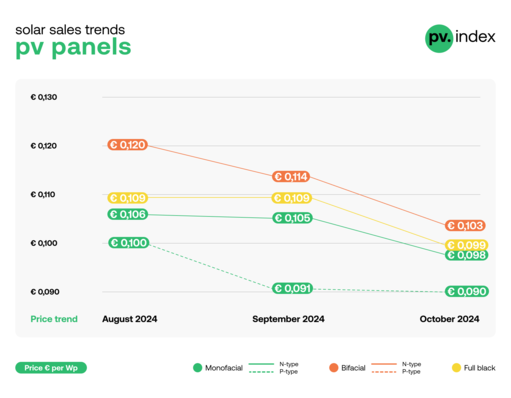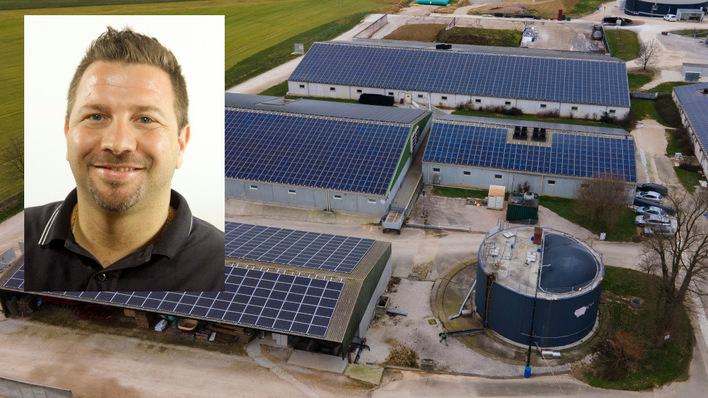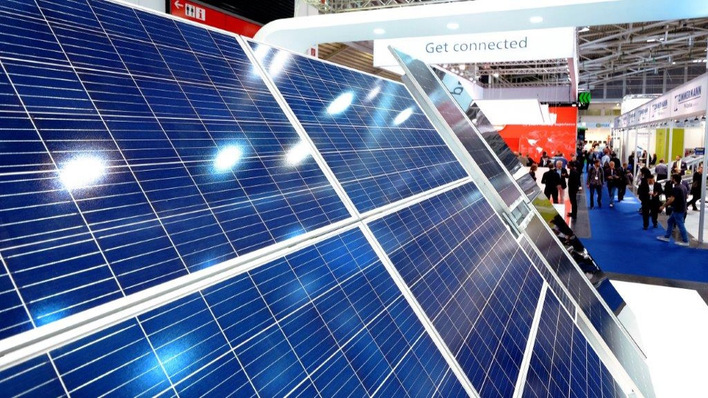Walburga Hemetsberger, CEO of SolarPower Europe said: “We are aghast at the rumours that a trade defence investigation could be launched into solar. This is an affront to the clear messages that the solar sector has repeatedly set out. We have better, faster, and more effective solutions for the crisis that European manufacturers face. Europe must not betray its climate and energy security targets.”
The joint statement warns that trade defence measures would negatively impact European employment and put many local, green, jobs at risk. Should trade defence measures be investigated next year, and implemented in 2025, our latest analysis suggests a drop from 890,000 to 655,000 jobs in 2024, and down to less than 600,000 in 2025.

SolarPower Europe
In SolarPower Europe’s accompanying high-level letter to European leaders, the association reminds policymakers of current solar manufacturing landscape in Europe. Less than 3% (1.5 GW) of expected Europe’s solar deployment – 54 GW – can be fully made in Europe today.
Trade restrictions have not worked in the past
Trade measures have not worked in the past. The sector warns of the solar collapse in the 2010s. Only 5 years ago, anti-dumping and countervailing duties in place on solar panels imported from China, Taiwan, and Malaysia were abolished for good reason. These duties had negative consequences, which taught us a painful lesson. Solar jobs, project investment, and solar deployment severely declined during the period of application of these trade defence measures and led to an increase in costs to our customers and consumers, without bringing back Europe’s solar factories.
Did you miss that? BSW Solar warns against failure to establish a European solar industry
Reiterating their consistent call for policymakers to support European solar manufacturing, SolarPower Europe’s letter urges EU leaders to:
Consider state guarantees and credit lines for European solar PV manufacturers that are struggling to survive under the current challenging market conditions following decreases in prices of imported solar modules:

SolarPower Europe
Adjust and prolong the State Aid rules under the Temporary Crisis and Transition Framework to also cover the running cost of factories (opex), and reduce complexity of access and implementation;
Accompany national financing with an EU-level financial tool for solar manufacturing, like a Solar Manufacturing Bank, linked to the Innovation Fund or a new EU Sovereignty Fund.
Also interesting: Large PV projects benefit from low prices
These industrial strategy solutions need to be accompanied with clear market access standards that reflect Europe’s ESG values. SolarPower Europe therefore continues to support the upcoming Ecodesign rules for solar PV, as well as the upcoming Forced Labour Ban and Corporate Sustainability Due Diligence Directive. (hcn)








